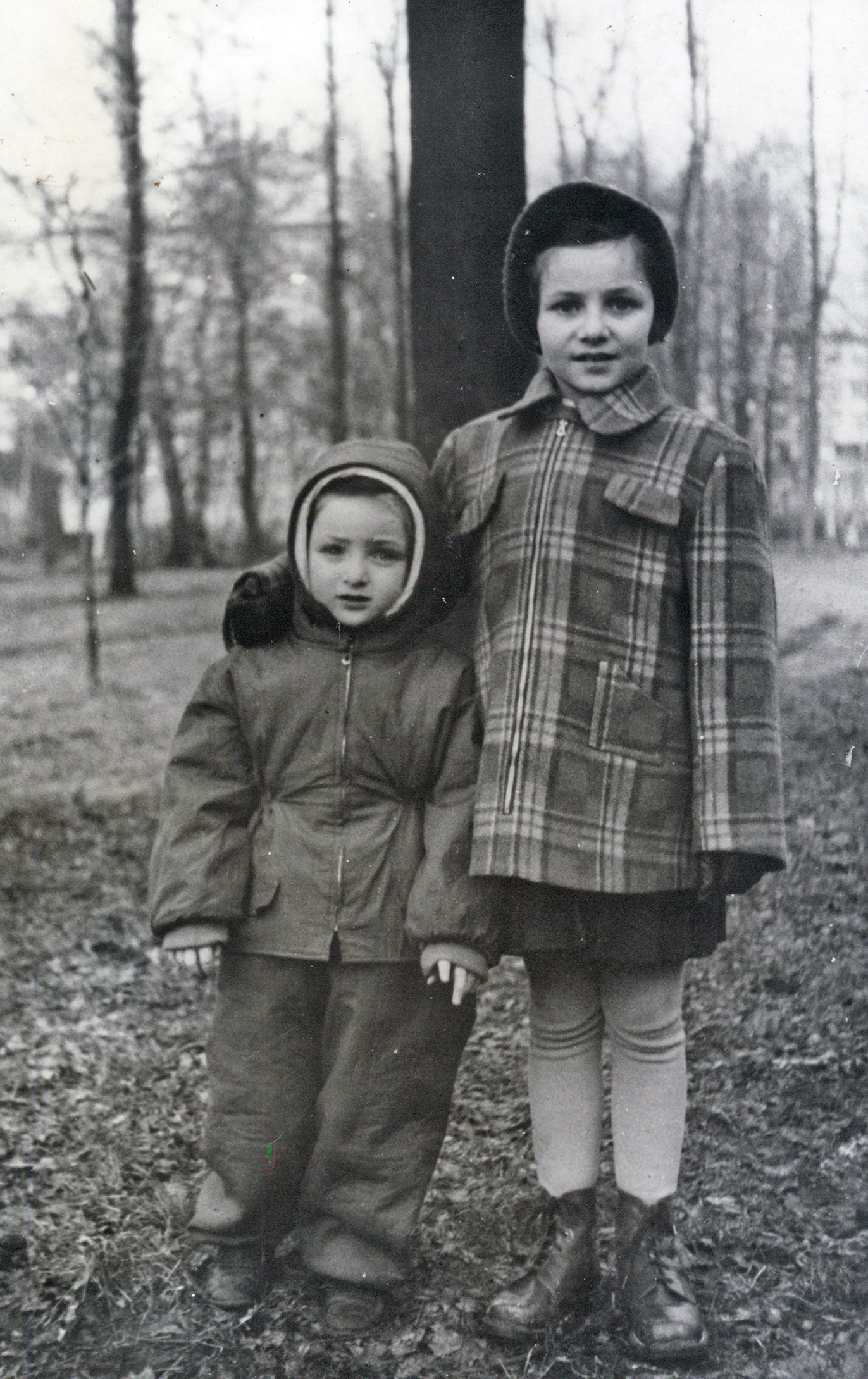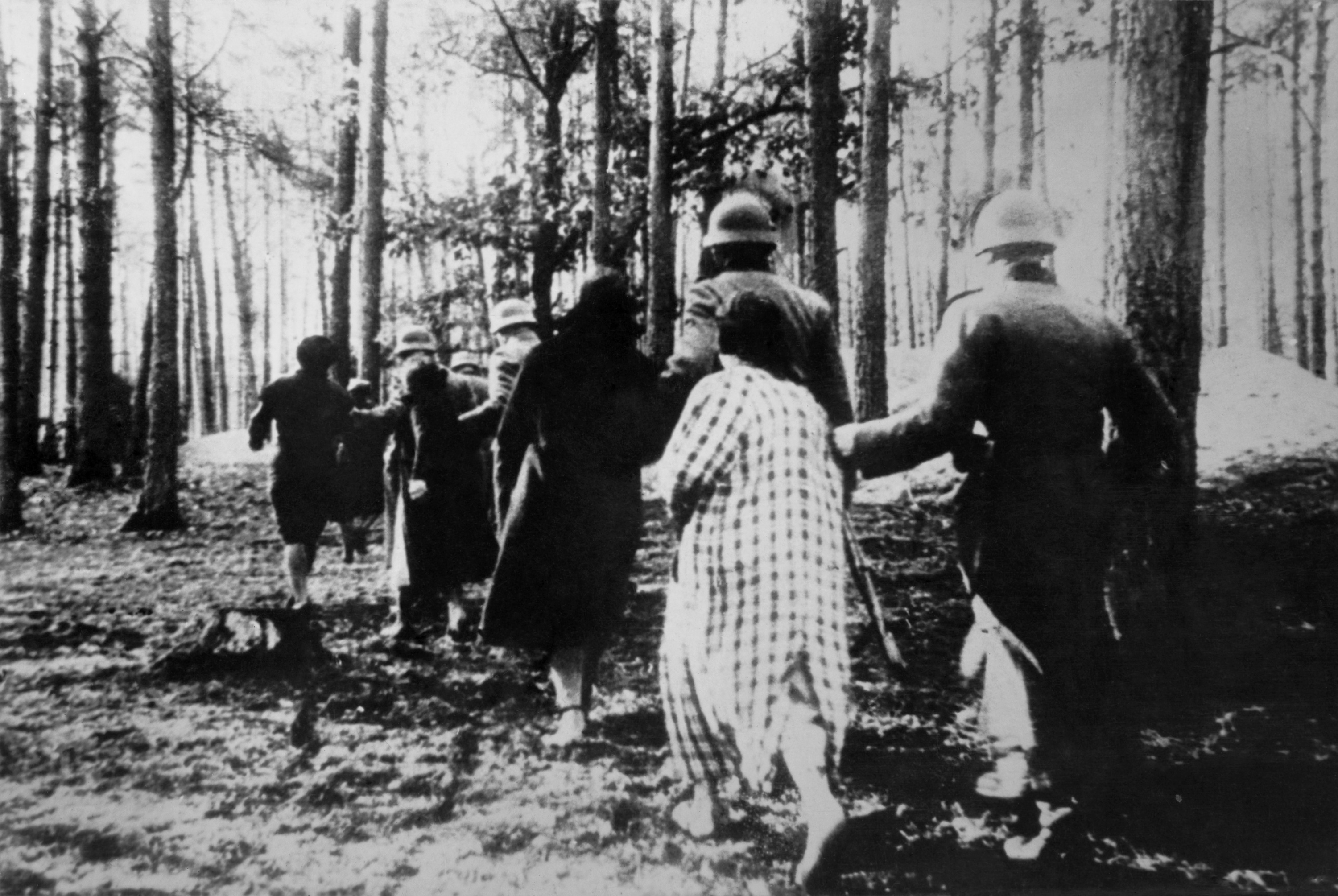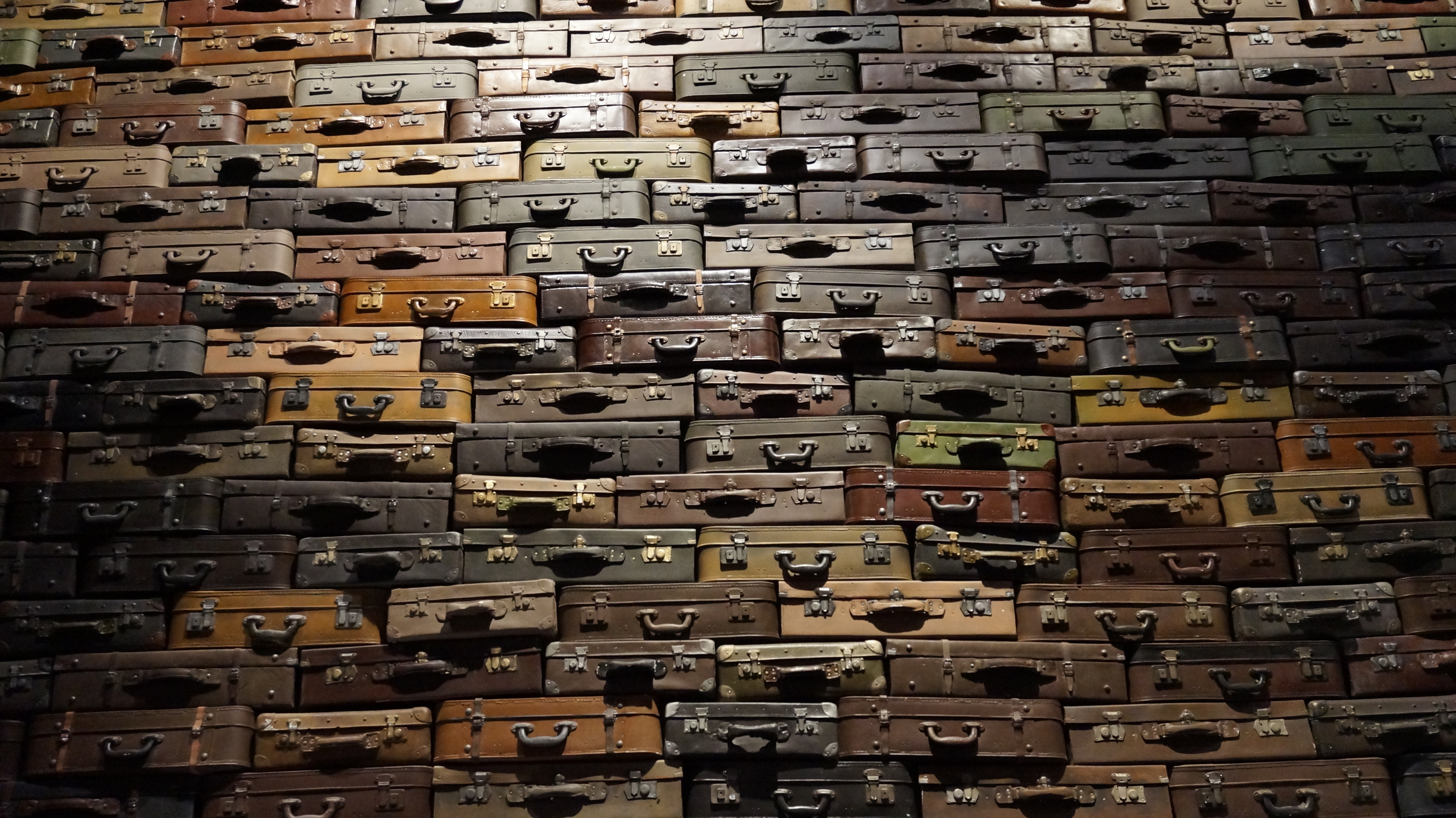We’re witnessing the resurgence of Holocaust denial, particularly among young people. I think this is enabled by the very long distance of that younger generation from the Holocaust. They do not have the images of what happened in front of their eyes. The sense of taboo around this enormous atrocity and around the enormous suffering that it caused is gone. They think it is just another event which happened, who knows when, and what did it mean? And this is why it is so important to pass on the knowledge of it, with all of its human meanings intact, and the understanding both of the atrocities and the suffering that it involved. But also, to pass it on as history, as knowledge of history, which these young people can access and can understand.
Holocaust memories and the legacy of the second-generation
Visiting Professor European Institute
- The second generation of Holocaust survivors are people who were born right after the Holocaust or who are the direct descendants of Holocaust survivors. It is a hinge generation whose position and perspective gives it a particular relationship to the event.
- The consequences of traumatic experiences are passed on to the second generation as a powerful affective and moral education. Separating memory from history is extremely complex.
- Passing on personal knowledge and history of the Holocaust is vital – especially as denial resurfaces – so that young people can access and can understand what happened.
The wand of transmission
As the Holocaust recedes from us in time and as its survivors reach the end of their lifespan, the wand of transmission is being passed on to the second generation; that is the generation of people who were born right after the Holocaust or who are the direct descendants of Holocaust survivors. This is a hinge generation whose position and perspective gives it a particular view of the Holocaust and its particular relationship to that event.
My personal story
I will start with a personal story because that is really where the narrative of the second generation begins. I was born in Kraków in Poland shortly after the end of World War II, on the site of the War’s greatest destruction. Between 1939 and 1945, Poland was the site not of one but of two wars: the war of conquest and eventual enslavement waged against the Poles in which three million people lost their lives, and the project of the Holocaust, which was perpetrated on Polish soil – probably because that is where the majority of European Jewry lived – and in which three million people were exterminated. My parents spent the years of the War and the Holocaust in a small town in the Ukraine inhabited by three populations: Jews, Poles and Ukrainians.

Memories that were not mine
Their lives were saved by Poles and Ukrainians who hid them at the danger of their own lives. But all of their relatives – their siblings, parents, cousins and others – were exterminated in a terrible massacre perpetrated by the Nazis in that violent vicinity. I can truthfully say that this condensed pellet of facts constituted my first knowledge of the world.
I felt I knew the attic in which my parents were hidden. I felt I knew the sister whose death my mother mourned daily. I felt I could imagine the bridge from which my father leapt into a frozen river to elude his Ukrainian pursuers, who were sure to give him away to the Nazis. But, of course, these memories were not mine. I did not actually know the attic in which my parents were hidden. I could not imagine its shape, as I discovered much later when I actually visited the place in which they were hidden. I didn’t know the people who helped them or threatened them. I didn’t know the relatives they had lost. I could not imagine the cottage into which my father ran, looking for help and knowing that he could find either help or the ultimate threat. These memories were not mine.

The long aftermath of trauma
What I felt in my parents’ accounts was the huddled hiding, the hunger and the fear they experienced, the mourning for their loved ones. These were sensations which are so easily passed on to the delicate psyche of a child. In other families, second generation descendants talked about the humiliation of their parents, which was apparently the most difficult thing to bear. They talked about the deep silences in their families or about the imperative to succeed and to be happy to rescue their parents from their own unhappiness. In other words, what was passed on to the second generation were the sequelae, the consequences of traumatic experiences. And this was a very powerful affective and moral education. We who had parents who greatly suffered needed to learn how to treat their suffering with sympathy, but without undermining their sense of agency or responsibility. The aftermath of trauma is long and it travels through the psyches of the second generation. But eventually I felt that if I wanted to reclaim my own life, I needed to separate myself from the images that my parents bequeathed to me. In a sense, this is a separation which every generation needs to undergo, but which is particularly difficult if you have parents who suffered and you have parents who want you to help them and to protect them.
Moving from memory to history
I also felt that even to understand my parents’ own story, I needed to learn about the historical context in which their circumstances took place. I needed to understand the movements of armies in the vicinity where they lived; the Molotov–Ribbentrop Pact; the relationships between the three populations which inhabited their small shtetl. In other words, I needed to move from memory to history.
This was not something that could be expected from the survivors themselves. For a person whose relatives were killed because a Polish person informed on them, we cannot expect that they understand that there were also groups in Poland who were trying to aid Jews and find hiding places for them and save their lives, often at the risk of their own. They did not have the comparative perspective which might have enabled them to compare the behaviour of Poles towards the Jews to, for example, the Dutch in the same situation. Perhaps the very idea of seeing such powerful and difficult experiences in context would have seemed indecent. But we who come after can study the context, can begin to understand, can move from our own memories and our families’ memories to the understanding of history in all of its tensions and complexities, in all of its conflicts and chains of cause and effect.
The importance of transmitting knowledge of the Holocaust
We are losing the links to a generation in which memories were actual and alive. And we need to pass on the knowledge of the Holocaust with all of its human meanings, which we inherited so personally and closely, but also as factual history.

Discover more about
the Holocaust memories
Hoffman, E. (1990). Lost in Translation: A Life in a New Language. Penguin Books.
Hoffman, E. (2012), Shtetl: The Life and Death of a Small Town and the World of Polish Jews. Houghton Mifflin.
Hoffman, E. (2003), After Such Knowledge: Memory, History and the Legacy of the Holocaust. PublicAffairs.